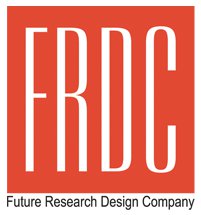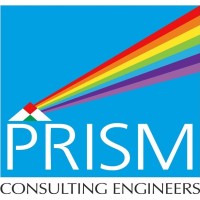Global Turnover in MEP:
The Mechanical, Electrical, and Plumbing (MEP) industry is not just a local affair—it’s a global phenomenon driving the infrastructure development of nations worldwide. With an estimated global turnover surpassing trillions annually, the MEP sector is a thriving powerhouse of economic activity.
From constructing megastructures to renovating heritage buildings, MEP systems are integral to every project’s success. This substantial turnover underscores the indispensable role of MEP professionals in shaping the built environment on a global scale.
Global Job Opportunities in MEP:
In today’s interconnected world, opportunities for MEP professionals transcend borders. As emerging economies invest in infrastructure development and developed nations prioritize sustainability, the demand for skilled MEP engineers, diploma holders, and architects is at an all-time high.
Across continents, from the skyscrapers of New York to the sustainable cities of Scandinavia, MEP expertise is sought after to design, implement, and maintain sophisticated building systems. The job market for MEP professionals encompasses a diverse range of sectors, including commercial, residential, industrial, healthcare, and hospitality.
With globalization driving urbanization trends, MEP specialists have the chance to work on iconic projects worldwide, contributing to the creation of resilient, energy-efficient, and technologically advanced structures.
Different Departments in MEP:
- Mechanical Engineering: Mechanical engineers in the MEP domain focus on heating, ventilation, and air conditioning (HVAC) systems, ensuring thermal comfort, indoor air quality, and energy efficiency within buildings. They design HVAC systems tailored to specific project requirements, incorporating innovative solutions for optimal performance.
- Electrical Engineering: Electrical engineers play a critical role in designing electrical systems that power buildings efficiently and safely. From lighting design to power distribution and fire alarm systems, electrical engineers ensure seamless integration and compliance with regulatory standards.
- Plumbing Engineering: Plumbing engineers are responsible for designing water supply, drainage, and fire protection systems in buildings. They prioritize water conservation, sanitation, and safety, implementing sustainable practices and innovative technologies to optimize plumbing systems.
- Sustainability and Energy Management: With a growing emphasis on environmental stewardship, sustainability experts in MEP focus on energy-efficient design, renewable energy integration, and green building certifications. They employ advanced modeling techniques and life cycle assessments to minimize environmental impact and maximize resource efficiency.
- Project Management and Coordination: Project managers oversee the seamless execution of MEP projects, from initial planning to final commissioning. They coordinate interdisciplinary teams, manage budgets and schedules, and ensure compliance with regulatory requirements and client expectations.
At ACE INDIA TRAINING AND SERVICES PVT LTD, we offer comprehensive education and training programs across all MEP disciplines. Our curriculum is designed to equip students with the knowledge, skills, and certifications necessary to excel in the global MEP industry. With guaranteed interviews, international certifications, and expert faculty, ACE INDIA is your gateway to a successful career in MEP. Join us and embark on a journey of professional growth and achievement in the dynamic world of building services.







































